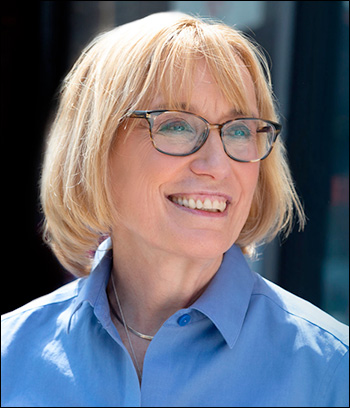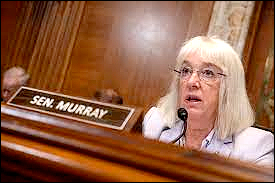By Jim Ellis — Monday, Oct. 10, 2022
Senate
Arizona: Confirming Data — CBS News/YouGov released a survey of the Arizona Senate race last week (Sept. 30-Oct. 4; 1,164 registered Arizona voters; online) found GOP challenger Blake Masters pulling to within a 51-48 percent margin of Sen. Mark Kelly (D). CNN also publicized their Arizona survey (conducted by SSRS; Sept. 26-Oct. 2; 795 likely Arizona voters; live interview & text) that largely confirms the aforementioned results. In the CNN/SSRS poll, Sen. Kelly holds a 51-45 percent advantage.Iowa: Grassley Expands Lead — In a national race that has not drawn much attention from pollsters, the Cygnal polling organization (Oct. 2-4; 600 likely Iowa voters) did test the Hawkeye State electorate and finds Sen. Chuck Grassley (R), running for an eighth term since originally being elected in 1980, leading retired Adm. Mike Franken (D) by a 54-40 percent count.
Though Sen. Grassley’s favorability rating has dropped to 50:44 percent favorable to unfavorable, the ballot test suggests he is still in strong position to win re-election in November. Adm. Franken’s favorability index is a similar, but lower at 33:28 percent. Cygnal reports the Republicans have a plus-13 on the generic ballot question, which should help the party’s candidates throughout the entire ballot.
Nebraska: Sen. Ben Sasse to Resign — Nebraska Sen. Ben Sasse (R), who was first elected in 2014 and re-elected in 2020, announced late last week that, pending approval from the University of Florida Board of Trustees, he will resign his seat before the end of the year to become the University of Florida’s new president.
His leaving the Senate will mean that either outgoing Gov. Pete Ricketts (R) or the presumed incoming governor, Jim Pillen (R) — the University of Nebraska Regent who is heavily favored to win the gubernatorial election — will appoint a replacement. Since the current term for this seat does not expire until the beginning of 2027, the seat will go to special election in 2024 to fill the balance of the term. This particular Class II Senate seat next comes in-cycle in 2026.
House
NH-1 & 2: Dems Up in Both CDs — The St. Anselm College Survey Center conducted another of their regular New Hampshire electorate polls (Sept. 27-28; 901 registered New Hampshire voters; 450 NH-1 registered voters; 451 NH-2 registered voters; online) and while the electorate overwhelmingly believes the country is on the wrong track (20:69 percent), the state’s two Democratic US House incumbents appear in strong shape for re-election.
In the eastern 1st District, two-term Rep. Chris Pappas (D-Manchester) holds a 49-41 percent lead over former Trump White House aide Karoline Leavitt (R). In western District 2, five-term Rep. Annie Kuster (D-Hopkinton/Concord) holds a stronger 49-35 percent advantage over former Hillsborough County Treasurer Robert Burns (R).
RI-2: Republican Fung with Lead — Fleming Associates just completed a research survey for Rhode Island’s Roger Williams University (Sept. 29-Oct. 2; 254 likely RI-2 voters). The poll has less than the 300 minimum respondents one likes to see in a congressional study, but the results of this flash poll find Republican Allan Fung, the former Cranston mayor and two-time GOP gubernatorial nominee, holding a 46-40 percent lead over state Treasurer Seth Magaziner (D).
Though RI-2 is a heavily Democratic seat (D+17, according to the 538 data organization) Republicans have been targeting this open seat race for months because several polls have produced what they believe is promising data. The seat is open because Rep. Jim Langevin (D-Warwick) is retiring after serving what will be 11 full terms.





